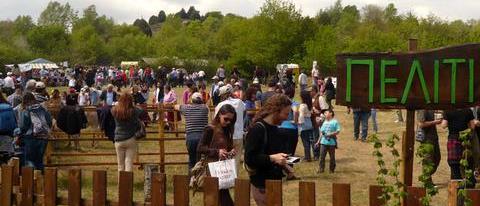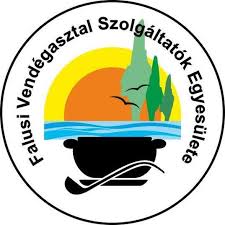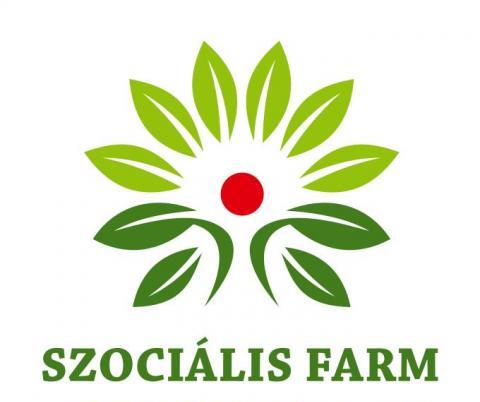
January, 2016
A seedbank is a type of gene bank in which seeds are preserved. Seedbanks are a means of preserving agro-biodiversity in a time of increased global domination of seed production and sale by large companies, with vast reduction of variety and genetically uniform seed. Local varieties of food crops planted by farmers (both large and small scale) are being lost, replaced by a small number of genetically homogenous standardized varieties that may not have any of the charactertistics possessed by the time-honored local varieties, such as drought-resistance, or adaptation to local soils. Farmers have traditionally selected and saved seed from their own plants, acquiring self-sufficiency in this regard, along with a far greater variety of produce. (Summary from Souzana Raphael )
Kislépték, to its capacity tries to add to the preservation of the local and traditional variety of seed in Hungary, so our home page reports regularly about seed auctions, further on the works of Bese Environmental Protection Association which looks after the Hungarian traditional varieties. Have a look to the most recent news on seed exchanges in Hungary and from our archive in English, and another .
In January 2016 Kislépték participated at an event organised by Friends of Earth, where, much to our delight we met a Greek group, representatives of PELITI who are enthusiastically and decidedly working on preserving traditional seed varieties in Greece.
Let us introduce their activity!
Pelti (which means "oak tree" in the language of the Pontic/ Black Sea Greeks) is a Greek non-profit organisation for the saving of traditional seeds.Pelti was founded by Panagiotis Sainatoudis in 1995 who was travelling in northern and central Greece, often on foot, sometimes hitch-hiking, sometimes by bus or train or in friends' vehicles and visited local people, farmers, collected traditional seed varieties in order to prevent them from disappearance, took notes how these seeds were saved. In 2000, a network was set up, consisting of more than 200 growers who saved seeds and wanted to share them with others. Peliti became a legal NGO in 2003. In 2010 they started to build their Seed House in Mesochori of Paranseti Drama which they finished in April 2015. The April 16, 2015 Seed Freedom meeting was already hosted in the Seed House.The Seed House also serves as an exhibition place for seeds, offering educational space for young and older, as well as seedbed fro dreams.A catalogue is issued annually (in Greek only), with a listing of growers with contact information in the Peliti network who offer to share seeds that they have saved. The catalogue also contains many interesting articles on topics such as the diet of ancient Greeks, types of traditional wheat, types of grains, threshing, and indigenous animals also in danger of disappearing from Greece. There is a second network, called Από Χέρι σε Χέρι, και από καρδιά σε καρδιά = From Hand to Hand and from Heart to Heart. Listings in this network consist of services or goods offered in exchange for goods/services desired, listed under region/town. No money is involved. Some offer food and lodging, along with lessons in languages, soap-making, or yoga in exchange for agricultural work, olive oil in exchange for organic food products. Another offer is of freesia bulbs in exchange for strawberry and mushroom seeds.
Peliti collaborates with groups in other countries, including Austria and Turkey, and with the Greek national seed bank in Thessaloniki.
In Hungary similar activity is performed by Magház Hálózat (Seed House Network) which is coordinated by Bese Environmental Protection Association (Bese Természetvédelmi Egyesület ).















